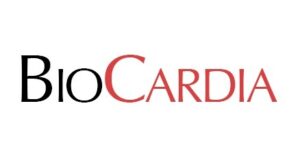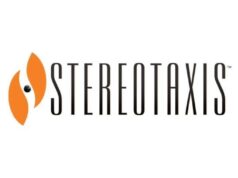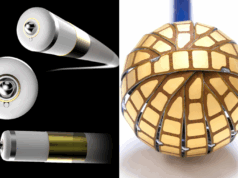 BioCardia has announced interim results from the phase III randomised controlled trial of its CardiAMP autologous cell therapy in 110 randomised patients with advanced chronic heart failure at a mean 20-month follow-up, (CardiAMP HF).
BioCardia has announced interim results from the phase III randomised controlled trial of its CardiAMP autologous cell therapy in 110 randomised patients with advanced chronic heart failure at a mean 20-month follow-up, (CardiAMP HF).
Results showed reductions in heart death equivalents and major adverse cardiac and cerebrovascular events (MACCE), with a magnified reduction among patients with elevated NTproBNP, a common marker of heart distress.
The data were presented by the trial’s co-principal investigator Amish Raval (University of Wisconsin, Madison, USA) at the Technology and Heart Failure Therapeutics (THT) 2024 annual meeting (4–6 March, Boston, USA).
Over a mean 20 months of follow-up, patients with advanced chronic heart failure who received a single endomyocardial dose of autologous CardiAMP cell therapy while on maximal medical therapy had a 37% relative risk reduction in all-cause heart death equivalents and a 9% relative risk reduction in non-fatal incidence of heart attacks, strokes, and hospitalisation due to heart failure (MACCE).
Patients treated with CardiAMP cell therapy saw an almost 5% lower rate of heart death equivalents at up to two years compared to control patients treated with heart failure medication alone (8.3% vs. 13.2%, respectively). CardiAMP cell therapy was also associated with trends toward reduced ventricular tachyarrhythmias, enhanced heart function as measured by left ventricular ejection fraction, and improved NTproBNP.
In a sub-group analysis of patients with elevated NTproBNP at baseline—encompassing 59% of total enrolled randomised patients—patients treated with CardiAMP cell therapy experienced an 86.2% relative risk reduction in heart death equivalents and a 23.9% relative risk reduction in MACCE. These patients saw more than a 17% lower rate of heart death equivalents at up to two years compared to control patients treated with heart failure medication alone (2.9% vs. 21.1%, respectively).
“These positive results for CardiAMP cell therapy are very encouraging, especially for patients with elevated NTproBNP, who encompass the majority of heart failure patients that we see in our daily practice,” said Raval. “While the trial’s data safety monitoring board determined that the study would not meet its composite primary endpoint that included six-minute walk distance per the trial design, the positive results for reduced heart death equivalents, reduced MACCE, and safety indicate potential for this therapy to improve outcomes for patients with advanced chronic heart failure. Despite improvements with current medications and devices, heart failure remains at epidemic proportions and we now have an exciting opportunity for a therapy to improve important, objective outcomes, such as mortality and hospital re-admissions rates. I am excited to be part of a terrific team to validate the promise of this therapy in this high responder group in the follow-on trial that is now US Food and Drug Administration (FDA)-approved and soon to treat its first patient.”
“We thank the FDA for its speedy review and approval of the important follow-on phase III trial. We are encouraged by the totality of today’s results and anticipate that both the final 24-month data analysis and follow-on trial outcomes would be consistent with this highly positive data,” said BioCardia CEO Peter Altman.
Also at the THT scientific meeting, first enrolment for the dose escalation safety phase of BioCardia’s phase I/II study of the CardiALLO allogeneic mesenchymal stem cell (MSC) therapy in heart failure patients was reported. The cohort receiving the lowest dose of 20 million cells has been initiated with no treatment-emergent adverse events, arrhythmias, rejection, or allergic response. The first author of the study is R David (University of Florida, Gainesville, USA). Following completion of the dose escalation safety phase of the study, a phase II randomised double-blind controlled study is planned to assess efficacy.









